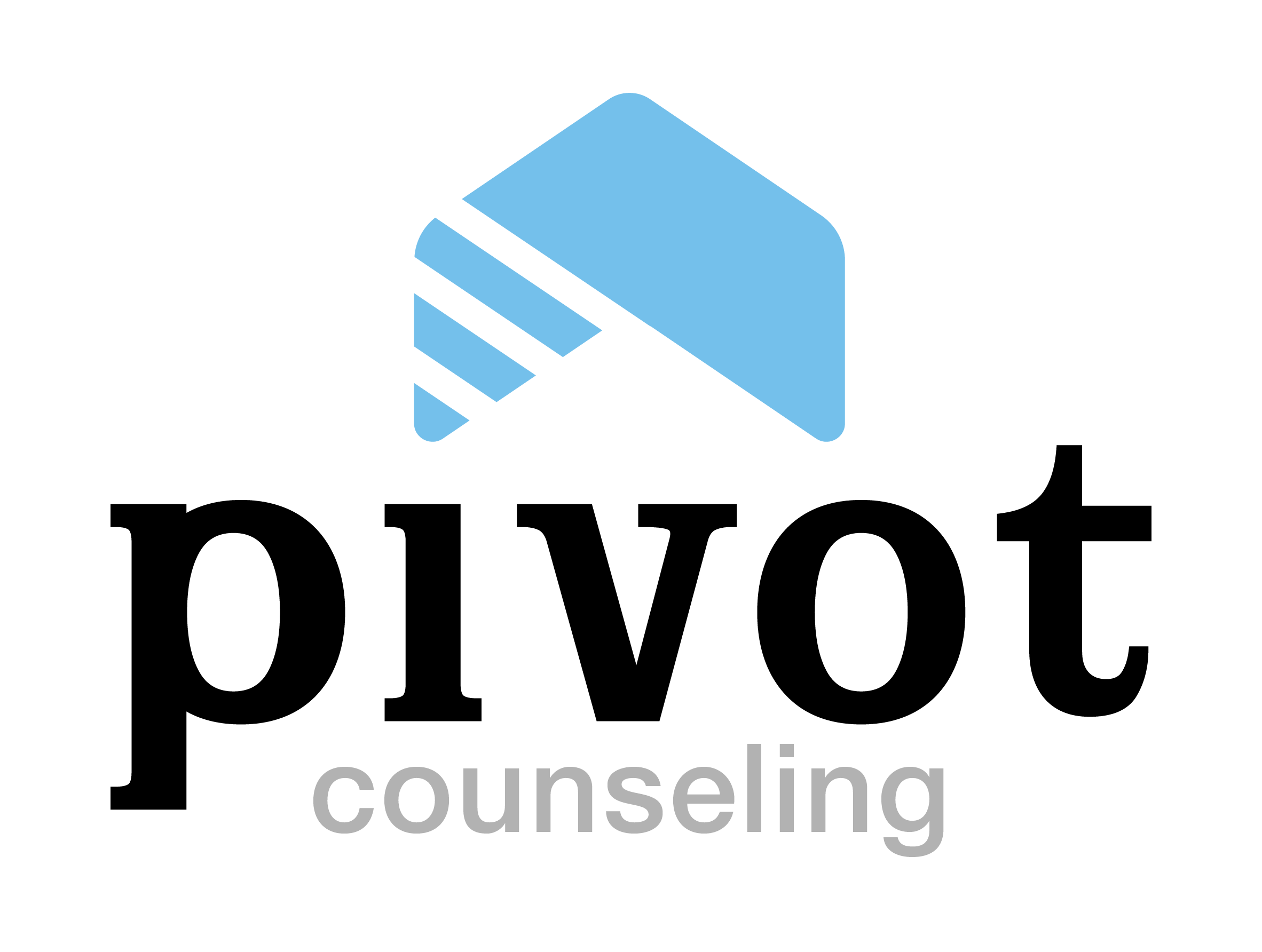Why are there so many different kinds of therapy? Understanding mental health treatment. Part 2: Partial Hospitalization Program (PHP) and Intensive Outpatient Program (IOP)
I want to continue with this series on helping us understanding and demystifying psychology treatment. On my last blog article, we talked about the most severe and intense form of treatment which is inpatient and crisis residential. Assuming you or someone you know has undergone that treatment, the next phase is commonly known as a “step down.” The step down is referring to ongoing treatment now that someone is more mentally and emotionally stable to the point where we are no longer concerned about immediate danger to self or others. That leads us to today’s topic which is the next step down programs.
Partial hospitalization program (PHP) - this is a program that has a similar level of intensity as inpatient groups but now the patient is able to go home and rest every night. Some of the programs I have worked in have a Monday through Friday set up between normal business hours like 8:30 AM to 3:30 PM. Working in the Solano-Napa county area, an example of a partial hospitalization program I commonly refer to for teens would be Seneca Olivera STEP (Skills Transitions Exploration Progress) in Concord, CA. Their program consists of a wide variety of groups to include skills building, recreation, circle, and future focus. Skills groups allow patients to learn coping techniques like mindfulness, interpersonal skills, self-soothing techniques, and distress tolerance skills. Recreational groups allow people to engage in physical activities that builds teamwork and exercise. Circle is a narrative approach where people get to have a deeper understanding of their problems and uncover personal values. And future focus provides educational activities so students do not fall behind in their studies. Again, this is just one example of partial hospitalization program but I wanted to give you an idea of what PHP may look like. Usually these programs last two weeks.
Intensive Outpatient Program (IOP) - stepping down again, IOP is less intense than PHP with less days and times per week. Here at Kaiser Permanente in Vallejo, the IOP program for teens has a group for individuals to learn coping skills and gain a deeper understanding of common challenges. There is also a multi-family component where people are able to co-create a healthier culture within the family. Adult IOP programs will look more similar to the PHP format and may also include some medication management as needed. The purpose of IOP is to continue providing mental and emotional support as well as facilitate ongoing community to maintain a healthy momentum in healing.
In some cases, some individuals are referred to PHP or IOP programs straight from inpatient programs but usually patients get to go home first before establishing a step down program. If you or a loved one needs further stabilization either stepping down from the hospital or trying to prevent someone from going to the hospital, PHP and IOP programs can provide that support. As always, get the treatment and support you need because you deserve it! For more entries like this, please visit me on my blog.


